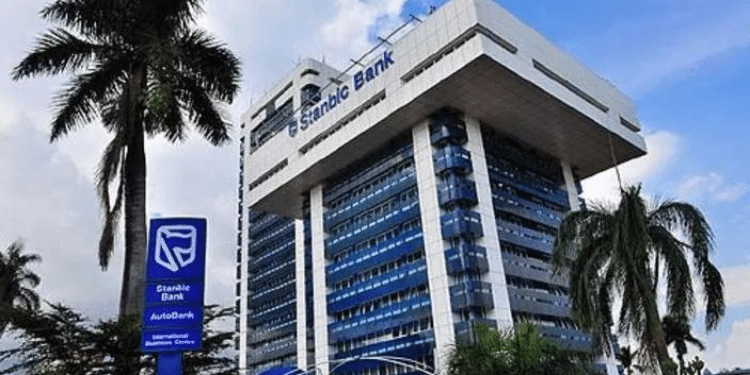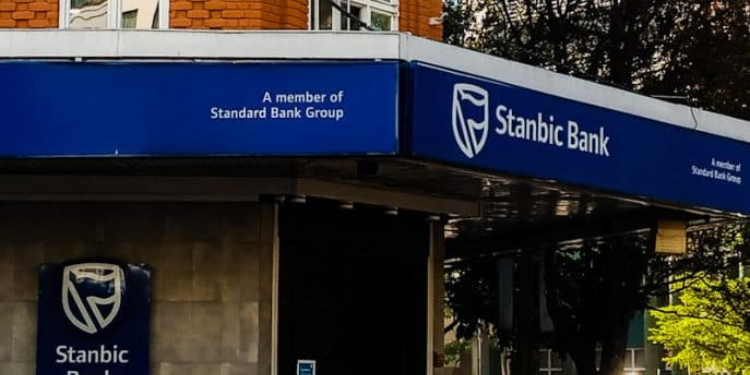The Kenyan private sector has posted its strongest employment growth since May 2023, according to the latest Stanbic Bank Kenya Purchasing Managers’ Index (PMI).
The renewed hiring was fueled by a rebound in sales volumes and stronger demand, with agriculture and manufacturing sectors driving job creation. In contrast, the construction sector continued to record job losses.
Survey data showed that the increase in employment coincided with firms clearing backlogs of work for the fourth consecutive month, as weak demand earlier in the year left businesses with fewer unfinished tasks.
“The renewed increase in sales volumes at Kenyan firms sparked a greater rise in employment during the latest survey period. In fact, the rate of job creation was the fastest observed since May 2023, with sector data signaling that agriculture and manufacturing were mainly responsible for the rise. In contrast, job numbers decreased in the construction industry,” read the report.
Stanbic Bank noted that September’s trends signaled a positive shift for Kenya’s private sector, though firms continue to grapple with high taxes, elevated commodity prices, and cautious consumer spending.
Stanbic PMI Shows Recovery in Kenya’s Private Sector
The report also revealed that the private sector showed signs of recovery in September, marking the first positive growth in five months.
The index rose to 51.9 in September, up from 49.4 in August, crossing the 50.0 neutral threshold to signal an overall improvement in business activity.
The rebound comes after months of slowdown attributed to political protests and rising costs earlier in the year.
“Business conditions began to recover across the Kenyan private sector in September. The Stanbic Bank Kenya PMI signaled an improvement in business performance for the first time in five months, driven by solid expansions in output, new orders, and employment,” read the report.
“An easing of supply-side pressures, meanwhile, resulted in the greatest shortening of delivery times in four years. The rate of input price inflation slowed in September, but firms signalled a quicker increase in selling charges.”
Also Read: Kenya’s Private Sector Records First Fall in 7 Months; PMI Report
Sales Recovered in September
The survey pointed to stronger output, new orders, and employment, supported by easing supply pressures, which led to the fastest improvement in delivery times in four years.
“In contrast, purchasing activity continued to fall in September, with businesses citing that low sales in recent months had weighed on their ability to buy new inputs,” read the report.
About a third of firms reported higher output, citing effective marketing and new investments as key factors. However, the construction sector remained subdued.
Sales growth also recovered in September, marking the end of a four-month decline. Rising demand encouraged companies to increase hiring at the fastest pace since May 2023, while also reducing backlogs for a fourth consecutive month.
Purchasing activity remained limited, as firms cited reduced sales in earlier months, which constrained their purchasing capacity. Despite this, suppliers improved delivery times, and input inventories saw modest growth.
Also Read: Kenya’s Private Sector Nears Recovery as Business Confidence Hits 30-Month High
Kenyan Firms Face Higher Costs
Kenyan businesses continued to face cost pressures in September, although the pace of input price inflation softened compared to recent months.
The report shows that the Input Prices Index rose at a slower rate than in July, signaling some relief for firms.
About 9% of surveyed businesses reported increased costs compared to August, mainly driven by rising purchase prices, while less than 1% recorded a decline.
Purchase prices were the primary driver of inflation, with firms citing higher taxes, fuel costs, and price increases for key commodities, some of which were linked to supply shortages.
“Kenyan firms saw a further softening in the rate of input price inflation from July’s seven-month high in September. The increase in input prices was solid, but less marked than the historical average,” read the report.
Follow our WhatsApp Channel and X Account for real-time news updates.












































































